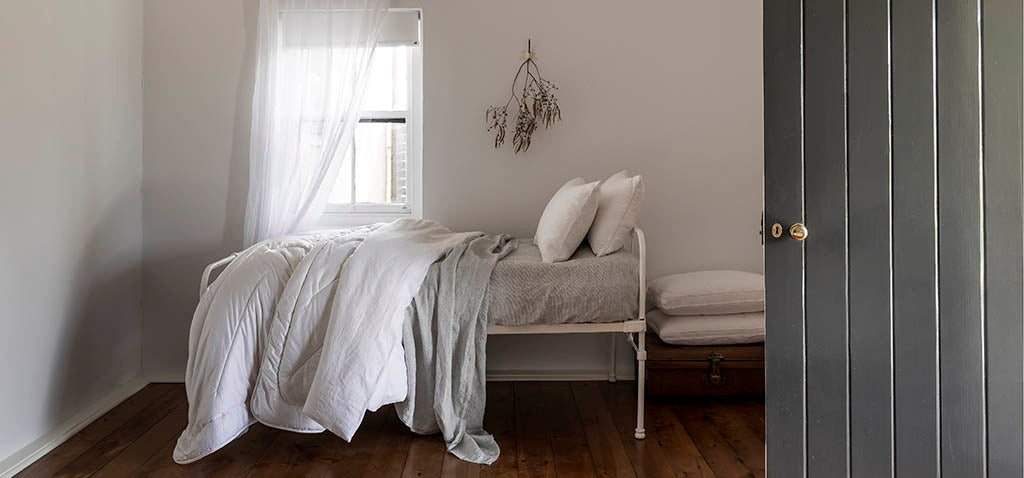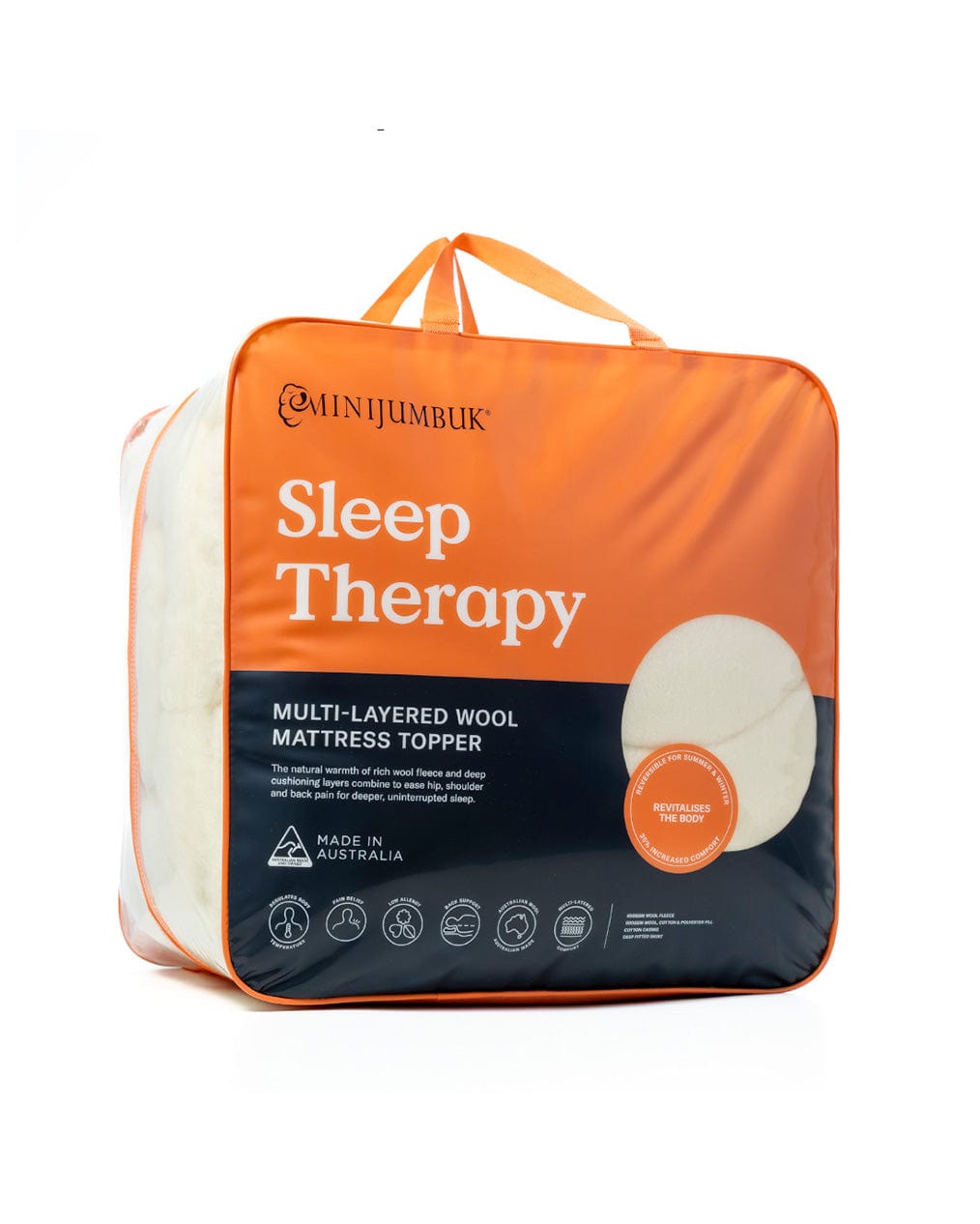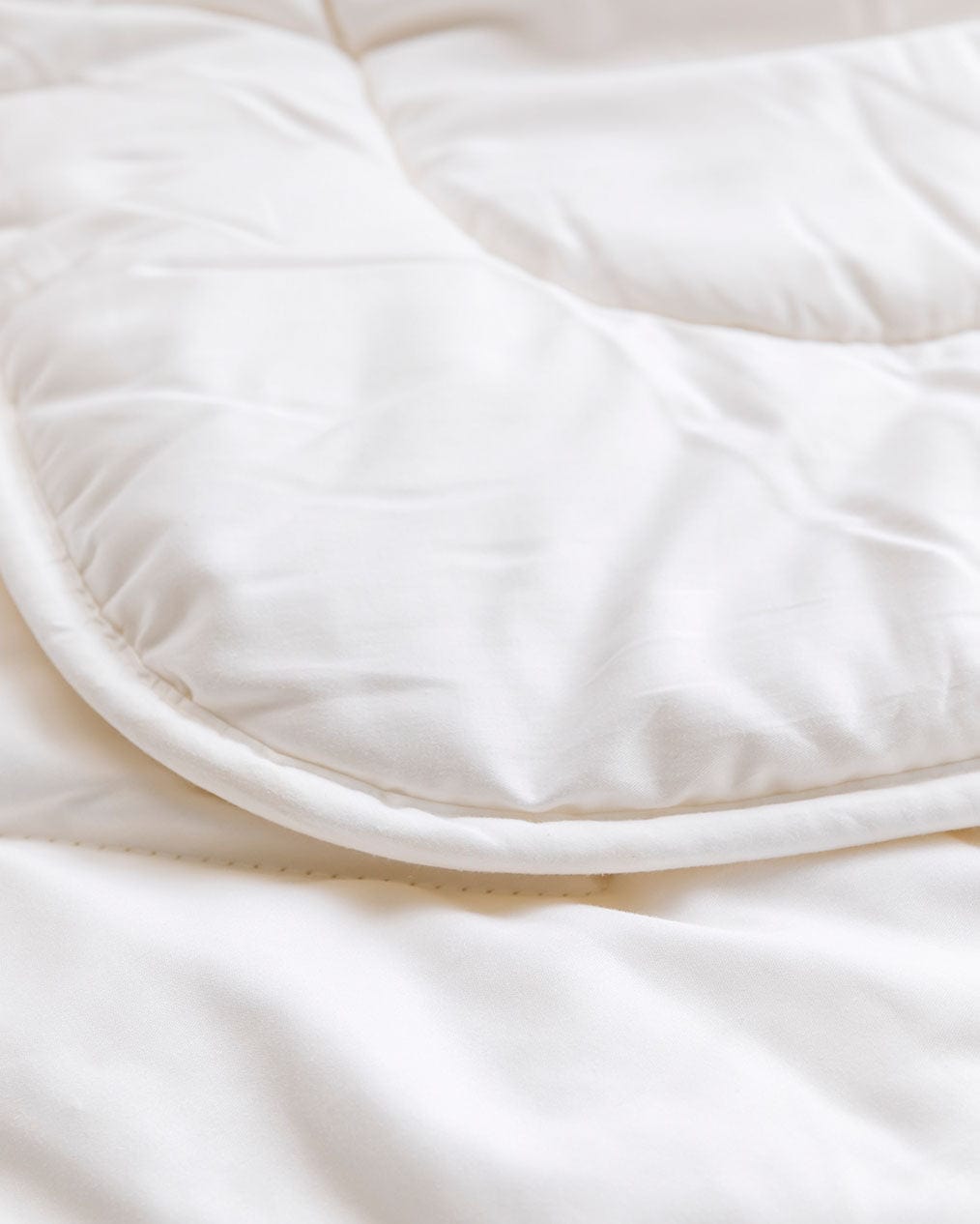Is your teenager getting enough sleep? Sleep patterns change across our lifespan and as kids get older, their bedtimes naturally become later. Everyone, at every stage of life, relies on sleep for the continued proper function of their body’s systems. While teenagers need less sleep than kids and babies, current recommendations are that secondary school aged children still need 8 -10 hours of quality sleep for optimum growth and development.
With increased independence, teenagers making their own decisions may place sleep low on their priority list. Important activities like school, sport, homework, jobs and friends keep them far too busy for sleep! Add into the mix the adolescent changes to circadian rhythms and compound it with the detrimental effect of late-night phone use, and hey presto – you see the ‘typical teenager’ - up all night and struggling to wake in the morning.
If your teenager is having trouble achieving the sleep they need, the best place to start is by determining the cause of the issue. The following checklist may help.

- Is your child healthy? Sickness or underlying health issues can affect the quality of your child’s sleep. A quick medical check up can quickly discount poor health as the cause of poor sleep.
- Is your child stressed, anxious or depressed? Being a teenager is hard work. Encourage your teenager to allow time to relax, calm the mind before sleep. Meditation is a great way to relax and there are many apps created with teenagers in mind. Friends, school counsellors or health professionals are also great sources of support for more serious problems.
- Does the teenage ‘retreat’ encourage sleep? A dark, cool and quiet bedroom is optimum environment for deep and undisturbed sleep. An overheated or noisy bedroom can lead to interrupted, restless sleep and an overtired and grumpy child.
- Does your teenager practice good sleep hygiene? Sleep hygiene refers to healthy practices that encourage better sleep. Creating a simple and easy to stick to night-time routine can help. Include practices such as regular sleep/wake times, avoiding caffeine later in the day, minimise screen time at bedtime and setting aside time to unwind – even 10 minutes of stretching, reading or a warm shower can be useful.
For further information, visit https://www.sleephealthfoundation.org.au/











































